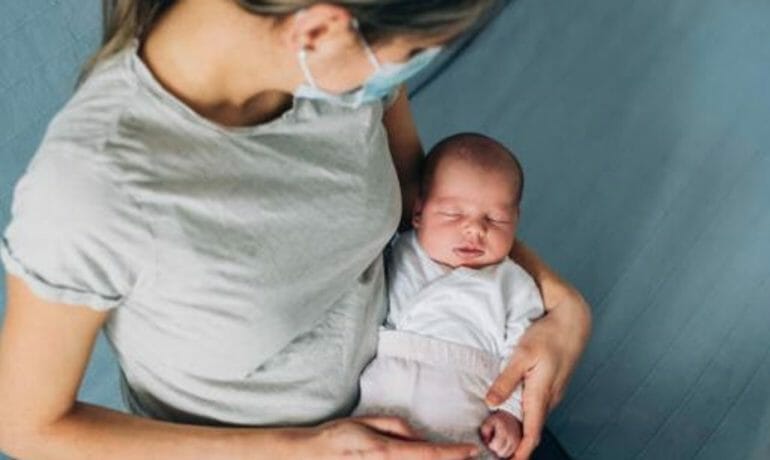Can the months of confinement have consequences on the babies that were born in the time of COVID-19?
Dr. Laura M. Burgos Orta, pediatrician at Pediatrics of Sugar Land, assures that one of the main effects for babies that go without going out or seeing other people besides their nuclear family, is the lack of stimulation. The main aspects of language and communication have to do with interacting with other people, so seeing shapes, colors, figures, and people are all very important for the development of an infant’s brain. Being kept inside for prolonged periods of time can make it increasingly difficult for children to adapt to new stimuli, which is why Dr. Burgos believes that both newborns and young children should be actively stimulated in a time like this.
For infants older than three months and children, external stimuli and contact with other people is necessary for proper brain development. Since the pandemic is still occurring, stimulating your children may be harder, but not impossible. Some things that you can do are:
- – Contact extended family members and friends virtually.
- – Go outside and take walks in open spaces without direct contact with other people and with taking the necessary precautions, but it is imperative that you let them see different colors, shapes, and nature.
While it is true that children are not particularly more “at risk” for contracting the virus COVID-19, there are many things still unknown; so, Dr. Burgos recommends avoiding over exposure of children until the pandemic is over.
For newborns, there are a couple things that parents should know, and we encourage you to take advantage of some recommendations we have. The first thing to know is that a newborn is completely dependent. They have no way to self-regulate and self-satisfy their needs. Awareness is important during this time because the only way that your child can communicate their needs is through crying; so, it is imperative that you pay attention to things like their temperature, sleeping positions, feeding, and cleaning.
Some other things that are important to know are:
- – The thermal range for a child is between 97.5 to 99.0 ºF.
- – Children should sleep on a firm mattress on their backs with their head raised. Ideal mattresses are those made of waterproof fabric and without anything soft, such as pillows and cushions.
- – Maintain frequent contact with the neonatologist.
It is important to know that whether the infant is premature or full-term, your child is only crying or exhibiting symptoms when something is wrong, or a need has to be fulfilled.
There may be a time when you should take your newborn to the emergency room. Dr. Burgos highlights the warning signs that would indicate a visit to the emergency room would be needed. These warning signs include:
- – Fever over 100.4 ºF.
- – Refusal of feeding.
- – Prolonged lethargy.
- – Respiratory or digestive infections.



















